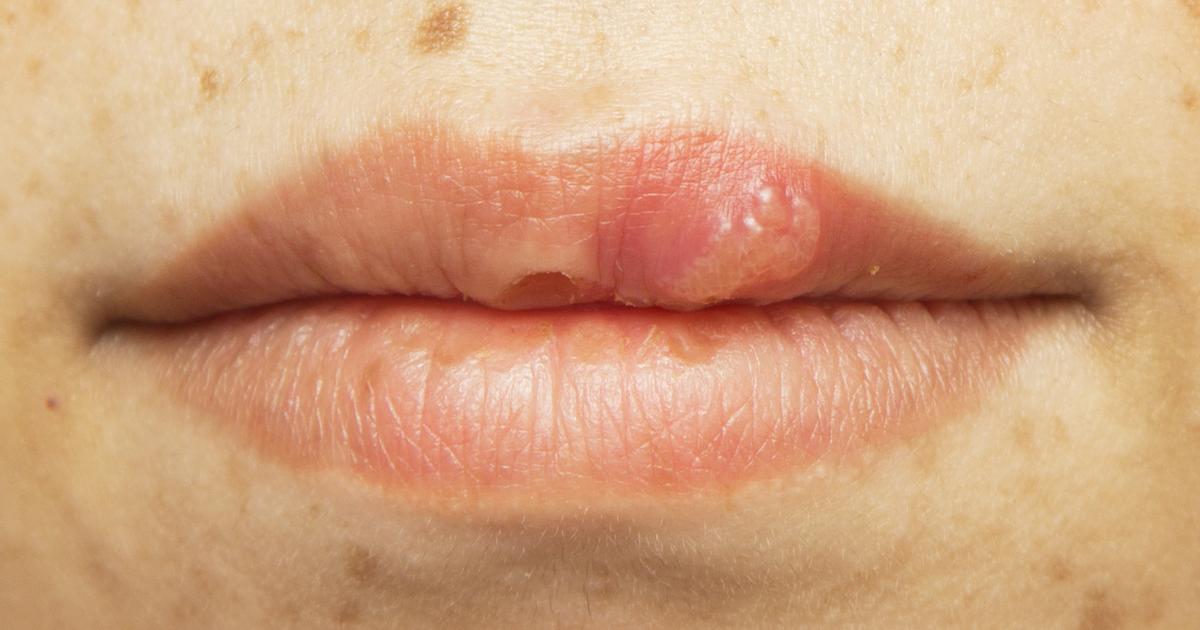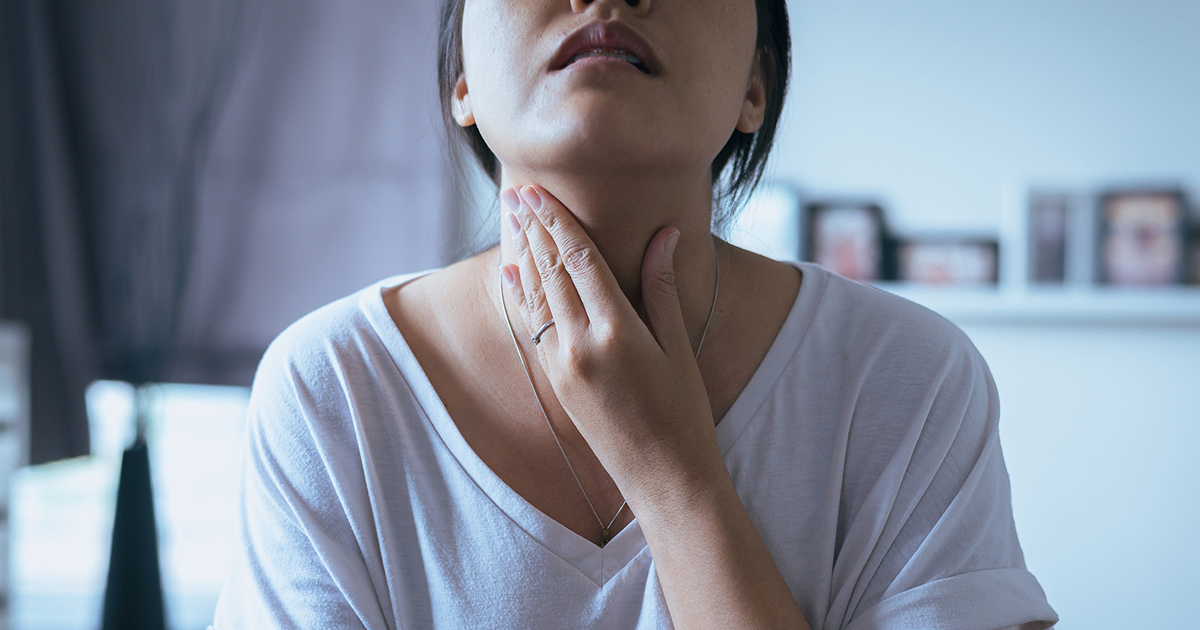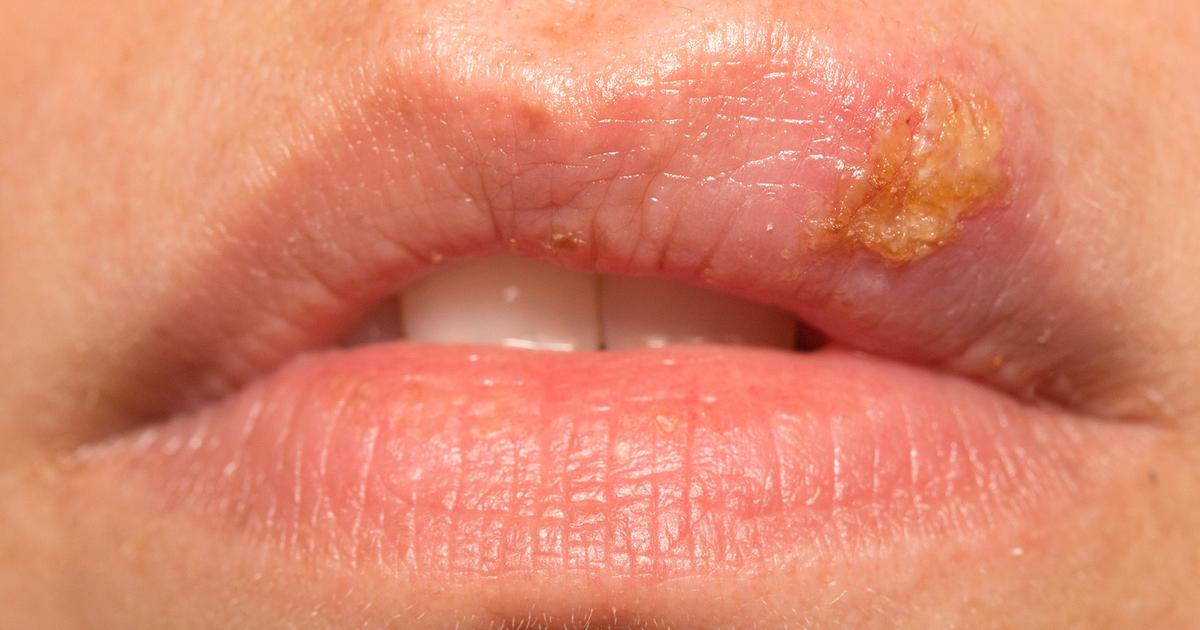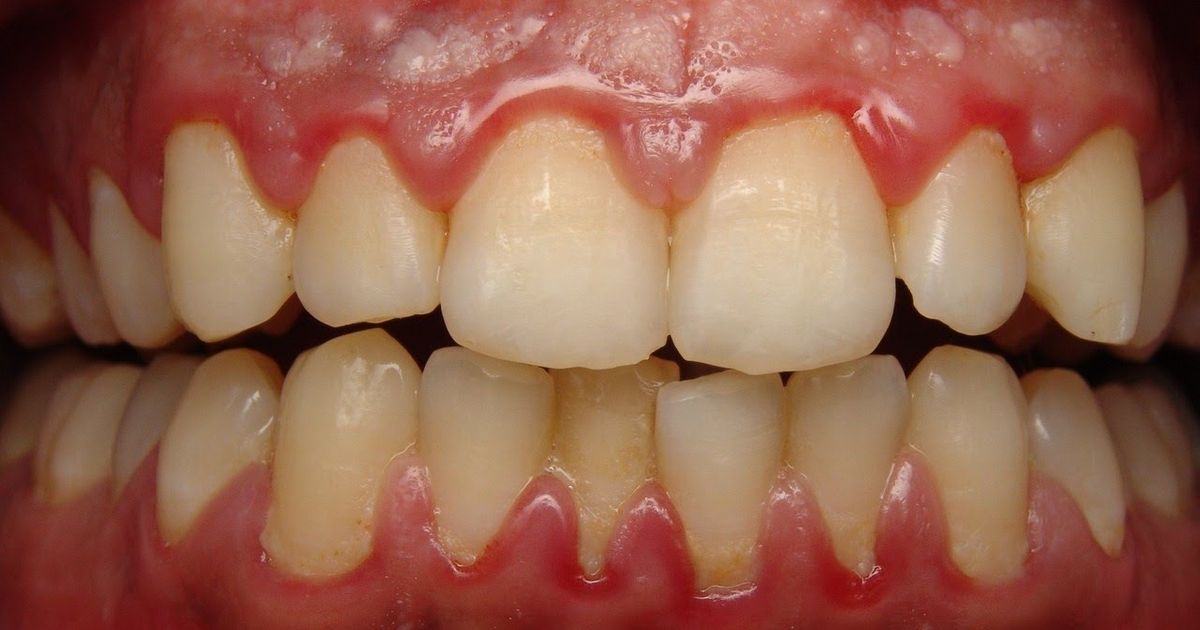Cold Sores Symptoms To Look Out For
Probably one of the most embarrassing things that can happen is a blasted cold sore popping up around your lips. Whether a small or large outbreak, you feel you are walking around with a large magnifying glass on your face for everyone to see. Why do cold sores happen? Cold sores are caused by a strain of the herpes virus known as HSV-1 and are becoming less common, according to the National Center for Health Statistics. Forty-eight percent of individuals between fourteen and forty-nine have it. However, the percentage of those infected jumps to sixty percent at forty-nine. The good news, at least, is cold sores do not have to ruin your life. To ward them off, you first have to learn the symptoms of cold sores.
Blisters

Cold sores are also referred to as fever blisters, and they most commonly result in small, fluid-filled sores around the lip. However, cold sores can also pop up inside the mouth, around or inside the nose, or elsewhere on the face. They are often sore and painful, and several small blisters may join together creating a larger sore. When the cold sore is visible, the virus is most contagious. Cold sores will last for a few days, after which they start to dry up and scab over. However, it takes two to six weeks for an outbreak to completely heal. When the cold sores are dried up, the virus is much less contagious, but still transferable to others. Even with no present sign of an outbreak, the virus can still be passed along.
Tingling & Itching Around The Lips

Often, individuals who have HSV-1 report knowing when a cold sore is coming. Tingling and itching around lips is a common sign, and others describe the feeling like a burning sensation. These symptoms can occur up to a day before the cold sore surfaces. As soon as you realize the symptoms of an oncoming cold sore, start treatment. If you get cold sores frequently, it is best to keep treatment ointments and medicines on hand. Early treatment will result in a smaller outbreak or no outbreak at all. Yes, it is possible to stop a cold sore before it hits the surface.
Fever

Fever is another symptom of an oncoming cold sore, though it is more commonly experienced during your first breakout. However, it can reactivate HSV-1 after being dormant in your body. It can be accompanied by flu-like symptoms and swollen glands, which is why it can be mistaken for illnesses such as the flu at first. In addition, it can cause re-occurrences of outbreaks. If your body temperature is high, it is best to call your doctor to be examined, because although its rare and extreme, high temperature and noticeable confusion during an outbreak could mean the virus has infected the brain.
Muscle Aches

Another symptom of cold sores is muscle aches, which can be felt for up to three weeks. As with most body ailments, stress may be one of the triggers causing the onset of HSV-1, particularly when muscle aches are a symptom. This is because stress creates muscle tension in the body, which then can lead to soreness, aches, and pain.
Ease these symptoms with simple remedies, such as stretching and resting. Applying ice packs will also work to relieve pain and inflammation. In addition, avoid high-impact exercises until the pain subsides. If you have cold sore outbreaks often accompanied by muscle aches, perhaps looking into quieter, gentle exercises, like yoga, would be ideal.
A Sore Throat

Having a sore throat associated with HSV-1 can be very problematic. The cold sores can also surface in the mouth, which can easily be mistaken to be strep throat. If the outbreak occurs in the mouth, you may see open sores on the gums and roof of the mouth, which quickly become ulcers. It is possible a simple dental procedure that stretches the lips can trigger an outbreak. However, this is only more likely to happen in patients with lowered immune systems or other health issues. You can decrease your chance of an oral outbreak by taking medication before going to the dentist or experiencing other known triggers causing the outbreak.
Oozing And Crusting

Cold sores, as stated, typically start to appear as fluid-filled blisters around the mouth. However, a key sign these blisters are cold sores is if they start to ooze fluid and then eventually dry out and look yellow or brown, which is what crusting refers to. These are referred to the weeping and crusting stages of a cold sore and occur after the tingling and blistering stages (the first two stages of cold sore development). It is crucial to avoid aggravating or even touching the cold sore unnecessarily during the crusting stage, as this can set back the final stage, when the cold sore begins to truly heal.
Swollen Lymph Nodes

Many viruses present with swelling in some form as one of the symptoms indicating the presence of an infection. Cold sores, which as stated are caused by the herpes simplex virus, are no exception to this. When it comes to cold sores, individuals should be on the lookout for swollen lymph nodes, even before the cold sore itself appears. Swollen lymph nodes typically occur when it’s an individual’s first outbreak of cold sores, but they can appear with subsequent outbreaks as well. Patients can identify if they have swollen lymph nodes by gently massaging their neck.
Painful Eroded Gums

Healthy gums, which are firm and pink, are one of the aspects of good oral health. Everyone wants to have healthy gums! Gum problems are often one of the first signs of an infection or other medical issues. They even have a link to cold sores! When an individual has a cold sore or is developing one (e.g., is in the tingling and burning stage), they may also suffer from painful and eroded gums. This may mean the gums with bleed when they brush or floss their teeth. Painful and eroded gums can be inflamed, swollen, and red in appearance. It’s important to still maintain oral health even when the gums are eroded, but individuals must be careful. They may also wish to consult with their primary doctor and dentist to determine how to best care for their gums while dealing with a cold sore.
Headaches

When a virus infects the body, an individual’s immune system kicks into overdrive. Its main focus is directing the body’s energy to expel the virus and all signs of infection. This does, however, often result in a set of common symptoms, including fever, which we discussed previously in terms of how it applies to cold sore symptoms. Another symptom that appears with many other viruses, including cold sores, is a tension headache. Like a fever and some of the other symptoms discussed, headaches typically occur when it is an individual’s first cold sore outbreak. It is important to identify other symptoms of cold sores, since a headache alone is not enough for a diagnosis, since headaches can have many causes.
